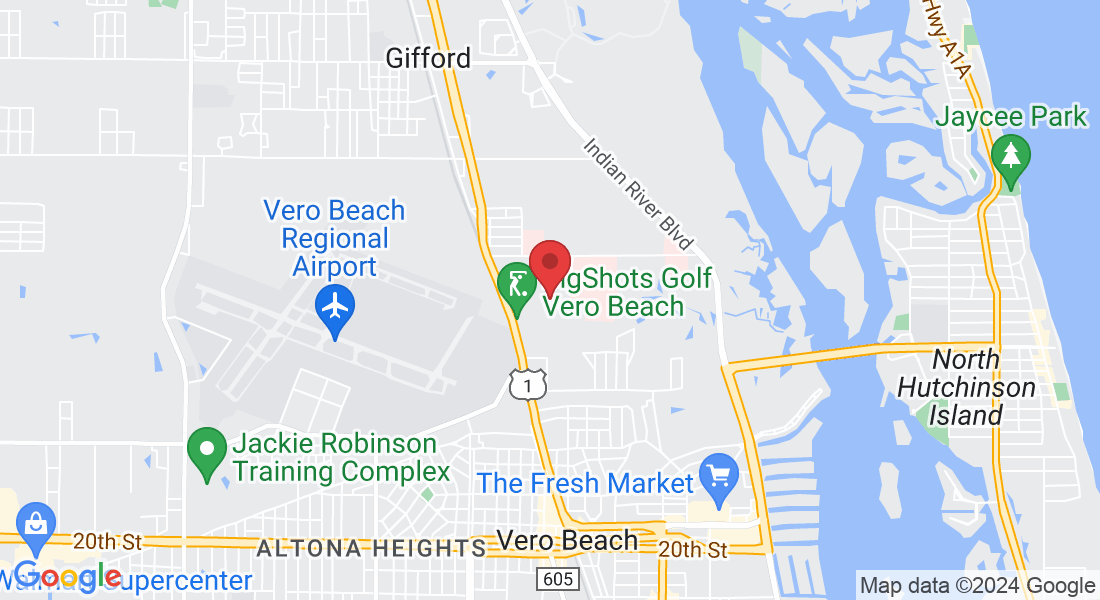ask Dr. Wy - vero's Source for Expert Health Advice
Welcome to "Ask Dr. Wy" - your go-to resource for expert health advice. Dr. Wyderski, our trusted physician at Wyderski Health, provides valuable insights and practical solutions to enhance your well-being. From nutrition and mental health to aging gracefully, our blog covers it all. Stay informed, make proactive choices, and lead a healthier life with "Ask Dr. Wy."

Dr. Wy, why are they saying it’s so dangerous to be outside when it’s hot? It’s supposed to be hot in the summer!
Ask Dr. Wy…
Richard Wyderski, MD, FACP
Dr. Wy, why are they saying it’s so dangerous to be outside when it’s hot? It’s supposed to be hot in the summer!
Our bodies get rid of excess heat primarily by sweating, but it works well only to a point. The higher the humidity, the tougher it is for sweat to evaporate, and the more slowly we cool down. That’s why a “heat index” is often reported. An air temperature of 95 degrees when the humidity is 30% feels like 122 degrees when it’s 70%. It’s no wonder people are often getting dangerously overheated!
There are 3 main types of heat illnesses. Heat cramps occur when we’ve been sweating and have lost enough fluid and electrolytes to cause leg and other cramps. It can progress to heat exhaustion with severe sweating, headache, nausea, dizziness and weakness. That can then progress to heat stroke, a true medical emergency, causing confusion and the LACK OF sweating while the body temperature rises. Without prompt treatment, it can lead to seizures, coma and death.
For any heat illness the person should go or be taken to the coolest nearby area, remove any unneeded clothing, use cold water and/or ice over the skin to reduce body heat and take sips of cold sports drinks if possible. And call 911 for possible heat stroke!
Summers are getting hotter every year, so know how to avoid overheating. Be active outdoors during the cooler morning and evening hours, stay hydrated with electrolyte-infused cool drinks, wear light-colored, loose-fitting clothing, and stay alert for early signs of heat illness. Remember that while sunscreen and UPF clothing can prevent skin cancer and sunburn, they don’t prevent heat illness.
Stay cool, everyone!
Have a question for Dr. Wy that you’d like him to answer? Please submit to [email protected]
Tel:772-742-DrWy (3799)
Fax: 772-742-3797








